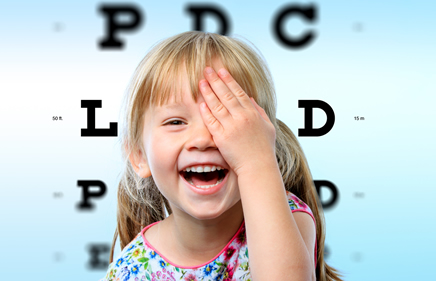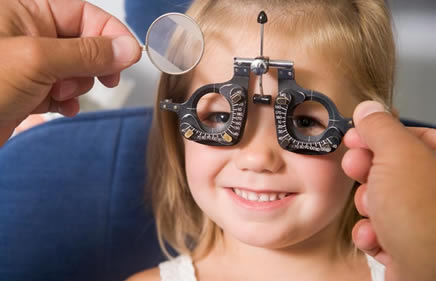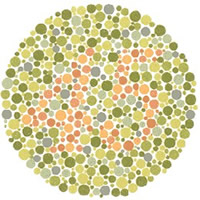To see clearly, the light coming into your eye needs to be focused on the retina at the back of your eye. If your eye is too short, light focuses behind the retina and you are longsighted. People who are long-sighted have to focus more than they would do if they had perfect sight, particularly on things that are close up, but they are still able to see clearly. As children's eyes are smaller than adults' eyes, it is normal for children to be long-sighted, and this does not mean that they need glasses.
However, if a child is born very long-sighted, one eye may turn in as the child tries to focus on things. The child will need glasses to correct this and stop the turning eye becoming lazy (see later). Children who are long-sighted do not normally complain that they can't see things, but you may notice that they are having problems focusing or concentrating on things, particularly if they are close up.











